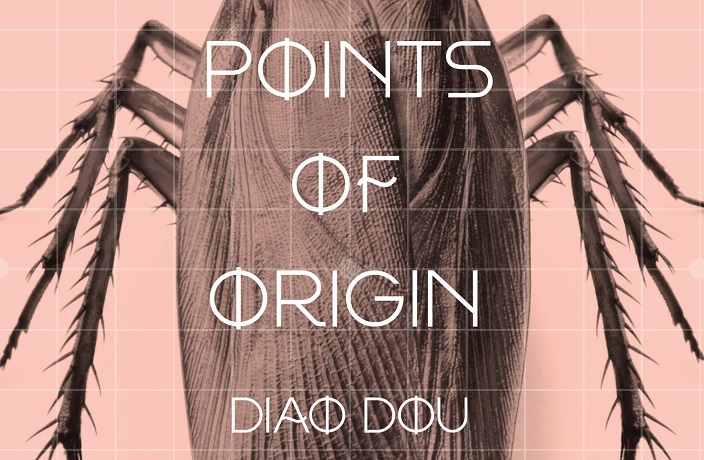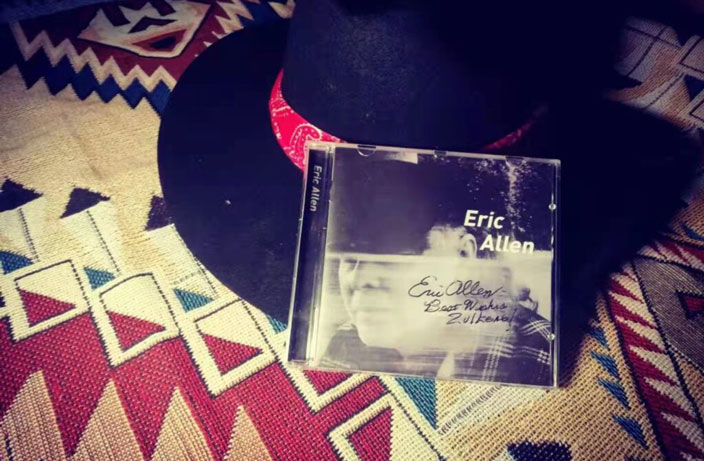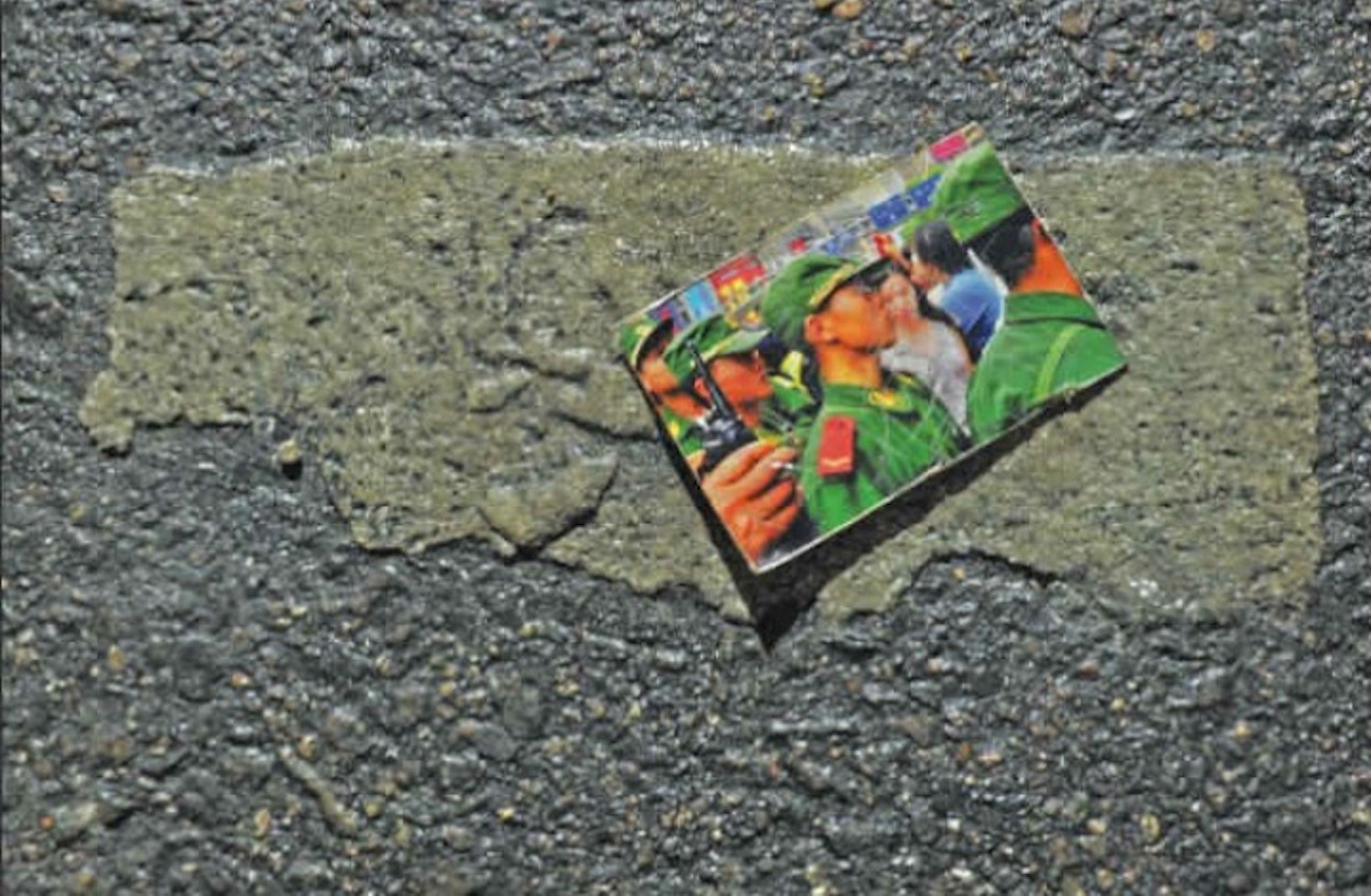Some writers take no prisoners. In his first book translated into English, satirist Diao Dou wows us with a heady stew of literary allusion, controlled anger and human frustration.
Throughout this collection of nine stories, we see people behave strangely but not illogically, carried forward by forces or urges they don’t fully understand, sometimes resisting but usually just going along. The results are strange and often very funny.
Writers’ influences often come across more clearly in short fiction than in novels. Diao Dou makes his easy to spot by explicitly naming them.
 Kafka is an obvious touchstone: one story is called ‘Metamorphosis’ and mentions him by name in the first sentence, and another, ‘Cockroaches’ (which gives the book its striking cover image), brings the same sense of quotidian disgust.
Kafka is an obvious touchstone: one story is called ‘Metamorphosis’ and mentions him by name in the first sentence, and another, ‘Cockroaches’ (which gives the book its striking cover image), brings the same sense of quotidian disgust.
But there’s also Irish satirist Flann O’Brien, a real writer’s writer; William Faulkner, whose invented Yoknapatawpha County is compared to Zhang Ji, Diao Dou’s fictional version of Shenyang; and fellow Chinese writers like Su Tong and Mo Yan.
In ‘Squatting,’ a well-meaning but officious group of citizens is delighted to find city authorities (known as CrackCom – names are important to Diao Dou) taking action in response to their letters about the growing problem of assault and robbery during the warm summer nights.
Unfortunately, the knock-on effects of each new measure lead the city down a strange path, until anyone outdoors after 5pm must squat rather than stand up. A visitor to the city describes the man in charge of the policy as “one of the great postmodern artists of our time.” Here, the powers that be are not so much ominous as over-literal.
In ‘Imagining the Possibilities,’ a new father realises that everyone in the family is behaving as if the newborn is in fact his brother’s son.
Diao Dou’s skills of misdirection come into play, as a story that begins farcical becomes increasingly sinister, in part through the narrator’s strange lack of urgency.
“As far as I can remember, no one ever asked me whether or not I was happy with things. Things were what they were, anyway, whether I was happy with them or not.”
In ‘The Last Shot,’ a professional assassin with a strong work ethic – “I’d take every life in this world if my orders told me to” – finds out who is really in charge.
Diao Dou makes it clear that he doesn’t see himself as writing fantasy. These stories take place in our world.
“The truth is that no life, not matter how dull, ever wants for strange occurrences... if the evidence of our eyes and ears should prove uninteresting then we have only our own diminished powers of observation and comprehension to blame. Fantastic tales are like romantic encounters: anyone with a mind to find them is bound to do so with some regularity.”
The longest story, which closes the book and provides its title, is simply joyous, and can only be described as a Diao Dou joyride – he’s got the keys of the car, and he’s not giving them back.
The author’s intellectual musings on the place of his invented city of Zhang Ji in world literature are undercut by his discovery that his Dictionary of World Fiction is useful as a measurement of weight, and before we know it, we are dealing with his mistress Ah Zuo, who is a witch (this explained as if it were a run-of-the-mill occupation).
Her obsession with an artist on a magazine cover turns distinctly odd, but then a casual new name sends the story off on a new path again. Tangent follows tangent, taking us back to the original author buying the Dictionary of World Fiction in the first place.
It’s almost a thesis on artistic creation – a postmodern confectionary of ideas, a confident nod to Mario Vargas Llosa’s Aunt Julia and the Scriptwriter, and most of all great fun.
Translator Brendan O’Kane does impressive work, conveying a consistent, distinctive voice and a satirical remove throughout, which is particularly hard to do with short stories that are told in different ways and by different characters.
Diao Dou is a very funny writer, and to keep him funny in translation is no small feat. Anyone interested in the process should check the Paper Republic website for a short video where O’Kane explains the process and some of the challenges he faced.
Diao Dou is a writer of substance, and one impatient with the rules. Most of all, he’s a confident writer. Points of Origin is his most recent book, just out in Chinese as well as English, but he already has five novels and four other story collections under his belt.
We look forward to more of them eventually appearing in translation – it will be fascinating to see what they are like.
Diao Dou: Points of Origin (Comma Press) is available on Amazon. For more book reviews, click here.






















0 User Comments